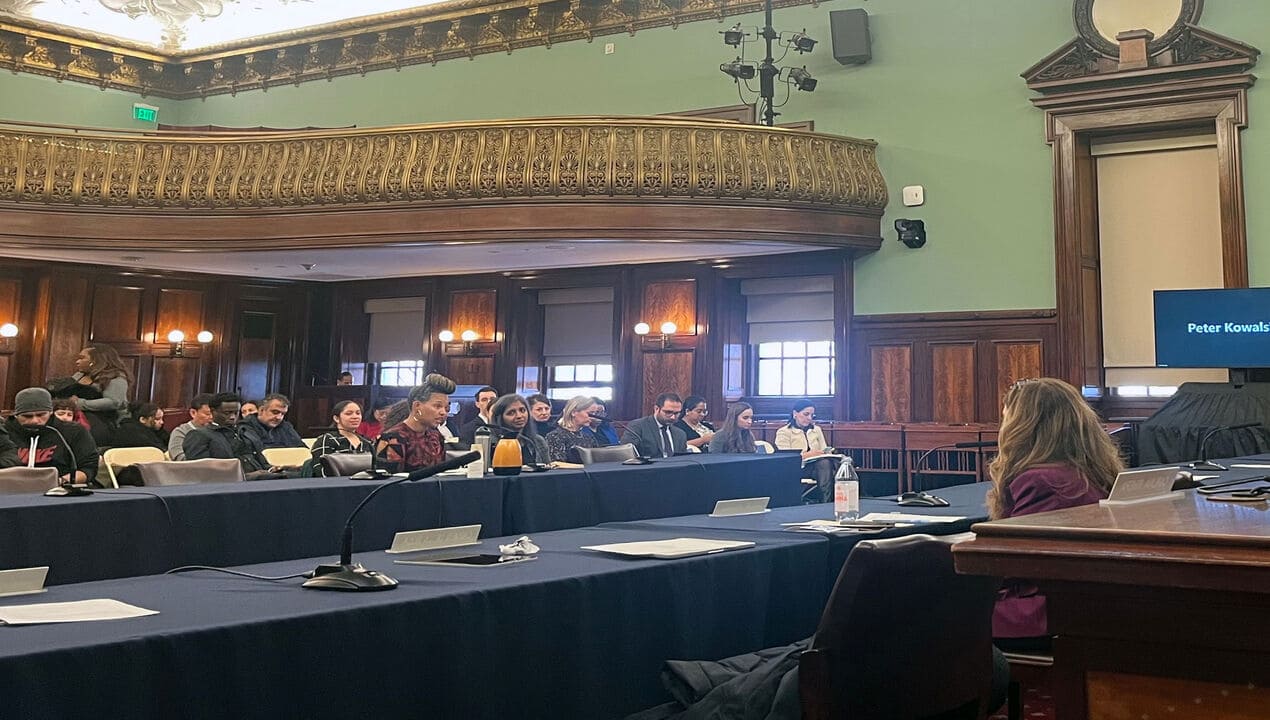
Independent Report – The U.S. government is experiencing major disruptions, and ongoing agency turmoil has caused a significant slowdown in approving thousands of export licenses. These licenses, necessary for American companies to export goods and technology worldwide—including to China—are now stuck in a growing backlog. The agency responsible for approving these licenses has been left nearly paralyzed, according to insiders.
While U.S. Commerce Secretary Howard Lutnick has been actively promoting President Trump’s trade policies. The Bureau of Industry and Security (BIS) under his leadership is struggling amid agency turmoil to fulfill its duties. The bureau has not issued expected new regulations, limited communication with industry, and seen many experts leave due to resignations and buyouts.
One of the most notable examples affected by these delays is Nvidia’s shipment of artificial intelligence (AI) chips to China. Nvidia had announced in mid-July that the government had assured it of license approval for its H20 chip and expressed hopes to start deliveries soon. Lutnick and other officials confirmed that sales to China would be permitted. Despite this, sources say no licenses have been issued yet, putting billions of dollars’ worth of AI chip sales at risk.
A U.S. official revealed that the backlog of export license applications is the longest it has been in over thirty years. This growing pile of pending requests has alarmed both those who support stricter export controls, particularly toward China. And also businesses eager to export their products abroad.
Meghan Harris, who has served on the National Security Council and worked at the Commerce Department. Emphasized the importance of licensing in the U.S. global trade system. She explained that delays and unpredictability in the approval process put American companies at a disadvantage in the competitive international market.
Data from the Commerce Department shows that in fiscal year 2023, the Bureau of Industry and Security took an average of 38 days to process each export license application. Out of nearly 38,000 applications, around 2% were denied. The licensing system plays a crucial role in enforcing U.S. export restrictions, ensuring that sensitive technologies and goods do not fall into the hands of entities or countries that could threaten national security.
Also Read : OpenSea: US Court Overturns NFT Insider Trading Conviction
Internally, some staff members have criticized Jeffrey Kessler, the BIS undersecretary who took office in March. They accuse him of micromanaging and failing to communicate clearly. Shortly after starting his role, Kessler reportedly instructed staff to limit their communications with company representatives and industry officials. He also requested that all meetings be recorded in a spreadsheet. Additionally, getting approval to meet with other government agencies has become more complicated.
Industry frustration is growing due to the lack of movement on license applications. Sean Stein, president of the US-China Business Council, pointed out that entire sectors are stuck without any indication of when licenses might be issued. He warned that while U.S. companies wait, Chinese firms continue to forge deals with suppliers in China and elsewhere. This delay risks losing valuable market share for American businesses.
Jim Anzalone, president of Compliance Assurance, a trade consultancy, also reported delays. He has encountered long waits for license approvals on various products such as sensors, radars. And also sonar equipment destined for Latin America and other global markets. According to him, there is no clear policy or timeline to clear the backlog. Anzalone mentioned that he has received denials on some applications for semiconductor manufacturing equipment exports to China, even months after submission.
Despite these challenges, some export licenses are still being approved, particularly those related to allied countries. There is also ongoing communication with companies concerning certain license applications. However, regulatory progress has stalled. The Commerce Department announced plans in May to revoke and replace a Biden-era rule that restricted AI chip exports. But the update has not yet been implemented.
Other important rules, including one intended to extend export restrictions to subsidiaries of banned companies, have been drafted but remain unpublished. Meanwhile, key staff positions remain vacant, especially those for export control officers based in China. Several experienced career officials have resigned recently, including Dan Clutch. The acting director of the BIS Office of Export Enforcement, who recently retired.
The ongoing disruption at the Commerce Department’s Bureau of Industry and Security raises concerns about the United States’ ability to manage export controls effectively. The delays in licensing risk weakening U.S. trade competitiveness and complicate efforts to safeguard sensitive technology from adversaries. With thousands of applications pending and important regulatory changes stalled. The situation calls for urgent attention to restore the agency’s operational capacity and improve transparency for industry stakeholders.
Also Read : Leonardo DiCaprio Builds Luxury Hotel in Israel, Sparks Public Reaction